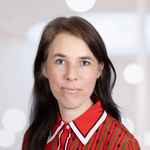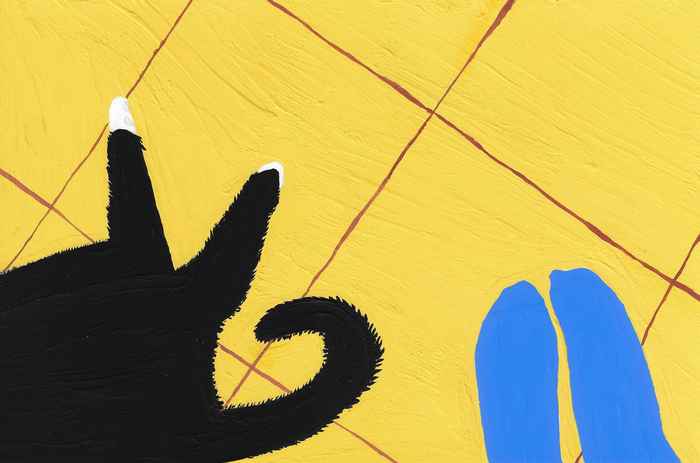Online lecture series ‘The Long Covid+ Conversations’ calls for attention to long Covid and related illnesses
4 september 2024
‘We need to think much harder together about the significance of long Covid and related illnesses’, argues political philosopher Eva Meijer, who is organising the lecture series. ‘It is a terrible illness that is affecting lots of people and far too little attention is being devoted to it at present. And more and more people will get sick.'
Meijer suffered from long Covid herself for two years, and thus experienced what it is like to live with a multisystem illness that – just like ME/CFS and Q fever, for example – affects various bodily functions. ‘You are not only very ill physically, but it also has a negative impact on how you think and feel. Your sense of self is affected in all kinds of ways. In addition, there is almost no care available and little solidarity. It is therefore an interesting illness for a political philosopher like me, both in terms of what happens with your experience and how patients are treated socially.’

Long Covid not only makes you very ill physically, but it also has a negative impact on how you think and feel.Eva Meijer, politiek filosoof
Attention and solidarity
The researcher noticed that little attention is being devoted to long Covid, both within and outside academia. ‘That is starting to change now in the medical sciences, but the Humanities is lagging behind. That’s a shame, because all kinds of important questions remain, for example about what it means to be chronically ill and the associated isolation, about sexism in the medical world – 70-80% of patients are women – and about solidarity.'
Meijer therefore hopes to generate solidarity through this lecture series. ‘People with long Covid and related illnesses cannot stand up for themselves, because the effort required to do so makes them more ill. In the case of HIV/AIDS, the queer community continually drew attention to the disease, but almost nobody seems to care about the patients in the case of long Covid; people are wasting away in silence. This concerns hundreds of thousands of people in the Netherlands, about a quarter of whom are bedridden – and millions of patients worldwide.’
Everyone is welcome
An important goal of the lecture series is to create a space for academics, philosophers and students with long Covid to share their perspectives. However, everyone is welcome at the sessions, emphasises Meijer. ‘Some of the sessions will be academic presentations with room for questions afterwards, but there will also be a couple of roundtable discussions. And we will also be organising a session in which people who are too ill to participate can send in a video or text, so that their voices are also heard.’
The sessions will be held online and can be viewed later on-demand, so that people who are in bad shape do not have to watch the entire thing in one go. People who would like to make a proposal for a session themselves can send an email to asca-fgw@uva.nl.
